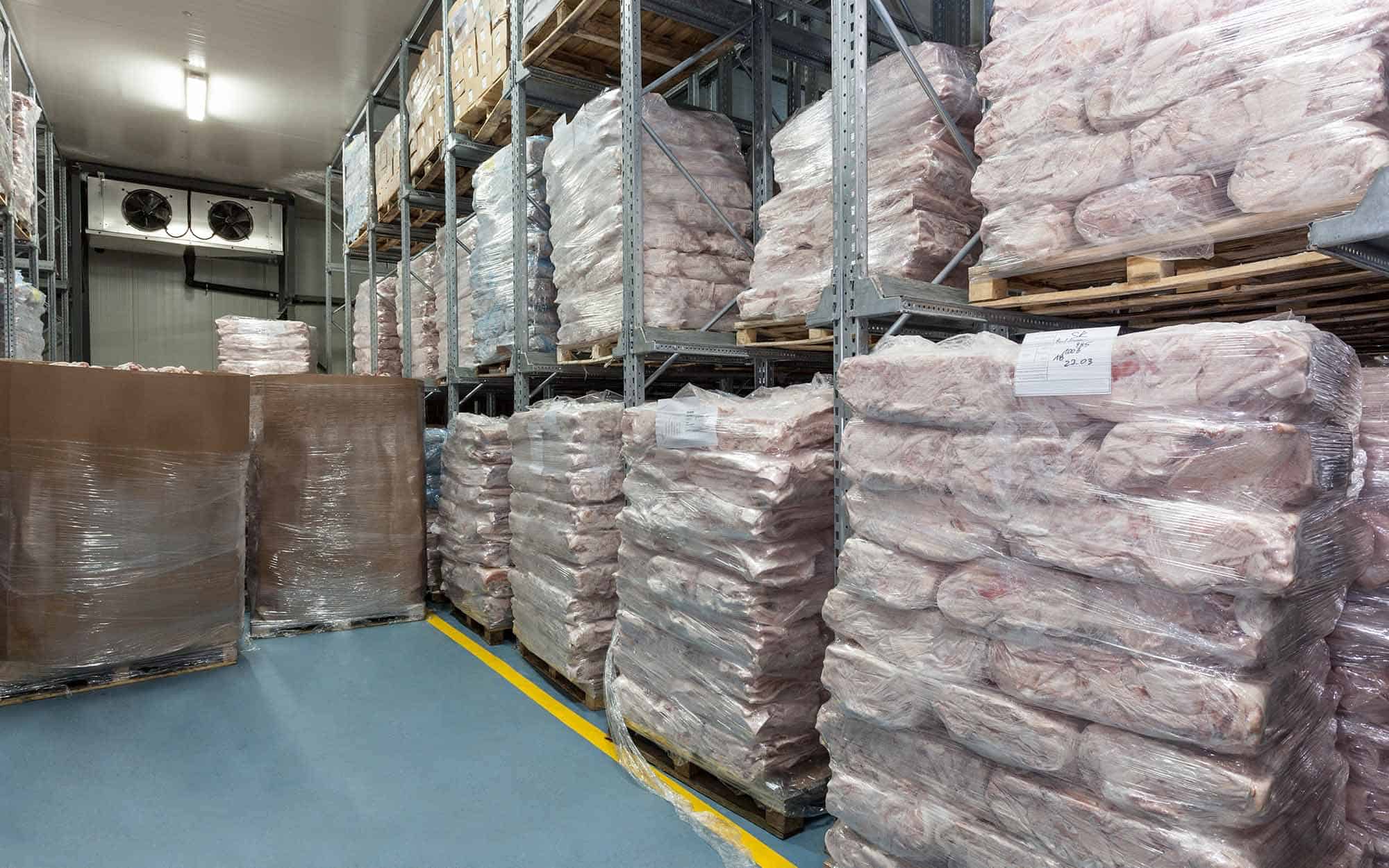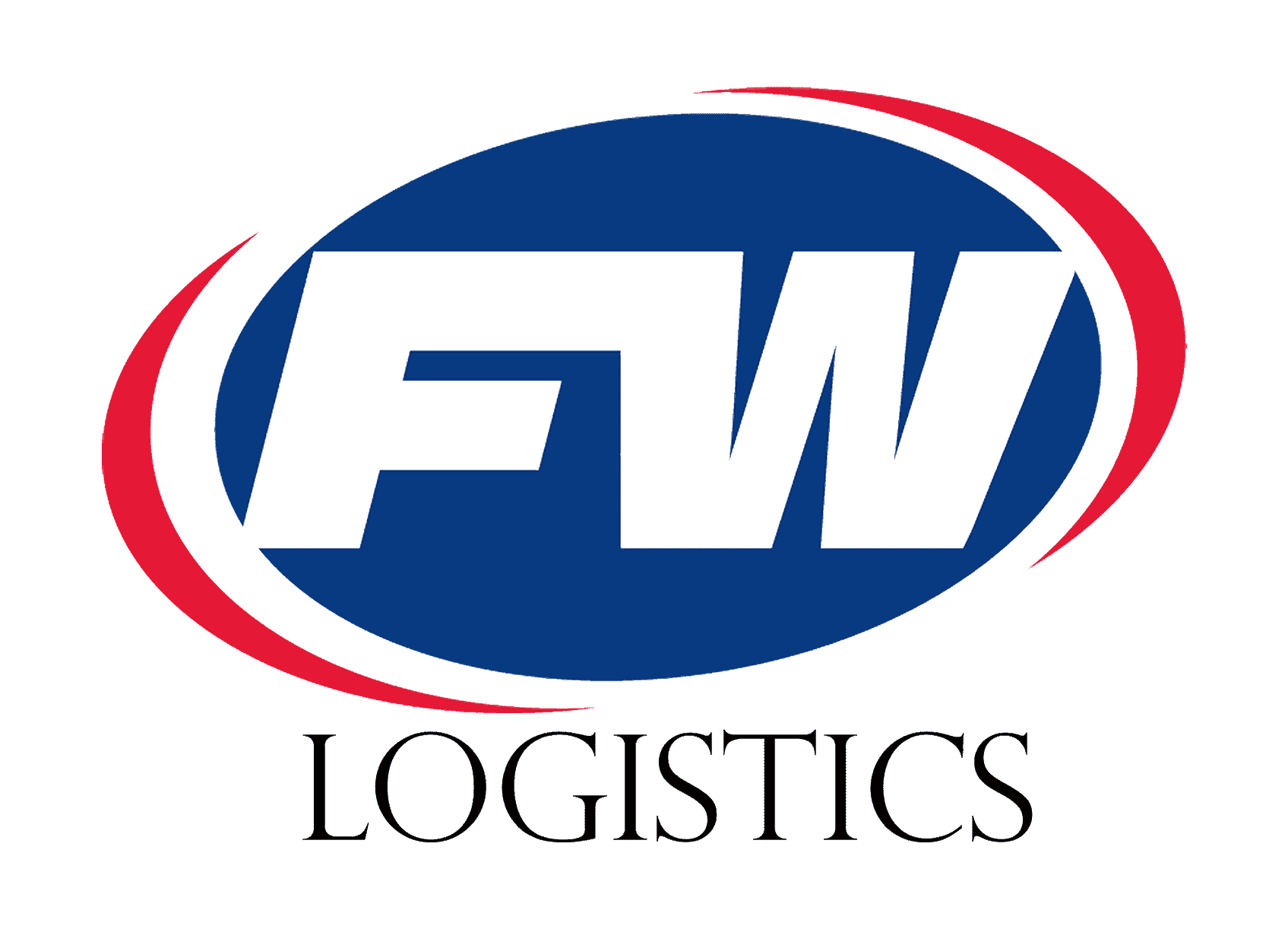
Your food products require special handling throughout the entire supply chain. Combine this with the complexities of local legislation and regulatory compliance, and the situation can become even more confusing.
Fortunately, ambient storage warehouses can help you navigate these logistical hurdles. Keep reading to discover:
- What ambient temperature means
- What ambient storage means
- Types of products stored in ambient warehouses
- Where to find ambient warehouse space in Georgia
What Does Ambient Temperature Mean?
If you’ve ever looked into cold chain storage, you’ve probably heard the term “ambient temperature”—but what actually is it? Opposed to room temperature, which is a range of air temperatures that most people prefer in indoor settings, ambient temperature is the climate in a particular place as measured by a thermometer.
When it comes to cold chain logistics, ambient storage means maintaining a temperature between 59 to 77 degrees Fahrenheit. These temperatures fall in the range of comfortable room climates instead of extreme temperature ranges.
What Does Ambient Storage Mean?
Ambient storage warehouses are defined as “buildings that are specifically designed for items that require a dry environment, where the temperature needs to be around room temperature.”
However, this isn’t to say that these ambient storage warehouses don’t require industrial HVAC. Instead, it means that the internal area of the warehouse needs to be around 60 degrees all year. With this in mind, many ambient warehouse owners install forms of temperature control, to make sure the internal air stays dry and moisture-free.
Types of Products That Need Ambient Storage
Compared to shipping frozen items, items kept in ambient storage warehouses are far easier to ship. For products that can easily melt at high temperatures or products that can be ruined from cold temperatures, ambient storage is an effective way to keep goods from perishing.
Some common food products stored in ambient warehouses are:
- Pasta and rice
- Breads and cereals
- Canned fruit
- Canned fish and meat
- Sauces and condiments
- Canned vegetables
- Biscuits and cakes
- Cake mixes
- Tea and coffee
- Cured Meats
A big advantage of ambient food storage is the lack of power costs associated with it. With ambient storage you avoid the hassles and costs of cold storage warehouses because the items you need to store don’t have to be refrigerated.
How To Find a High-Quality Ambient Storage Provider
When finding a place to store your goods, you must be sure you’re partnering with a trusted provider.
Research Reviews
When finding a provider for your storage needs, look around to see how previous customers feel about their service. A quick google search should bring up several warehouse spaces around you. Read reviews and testimonials to get a general idea of your prospective partner’s ability to deliver high-quality storage solutions.
Additionally, you should pay close attention to their client relationships. Customer service is one of the most important things when cultivating a working relationship. If you invest in ambient storage space, you’ll need a provider with around-the-clock customer support in case you need to quickly access your goods. Above all else, your prospective provider should be easily accessible and attentive to their client’s needs.
Get Multiple Estimates
With any big commitment, you should never choose a provider after a single meeting, as you won’t be able to tell if they’re offering a fair price. Shop around and get multiple estimates on your storage costs. Having several options helps you narrow down your options and find the best partner for your storage needs.
Ask for Case Studies
A huge factor in finding the right provider is checking to ensure they have experience handling goods similar to yours. Any business can claim past success, but only qualified providers can provide resources highlighting their ability to meet your needs. Ask for specific case studies, and look for:
- How your prospective partner handles hurdles
- The efficiency of their logistic operations
- Estimated ROI working with them
- Advantages they’ve brought to past customers
When finding an ambient storage partner, it helps if they offer third party logistic (3PL) services. Take a look at our blog and discover how 3PL providers can optimize your supply chain.
Proximity to Your Customer Base
The proximity of your warehouse space is critical when you need to keep products near end users but don’t have an immediate need for them. That’s why outsourced ambient storage facilities benefit companies that don’t have the resources to store products in their own buildings. When evaluating warehouse spaces, look for ones near your distribution areas.
Find a Local Provider
Finding a provider close to your business is key to keeping your supply chain in good shape. Local companies are more accessible during emergencies and easier to reach throughout the year. They’ll also have an innate understanding of your local regulations and specific storage requirements.
Finding a high-quality ambient storage provider doesn’t need to be complicated—choose a trusted partner and take a load off your shoulders.
Your Top Choice for Ambient Food Storage Warehouses
At FW Logistics, we’re a trusted choice for businesses looking to keep their food products from perishing. No matter the sensitive needs of your products, you can rest assured knowing we have the facilities to keep them safe. Ready to take the next step? Reach out to our expert team—we’re happy to help.

